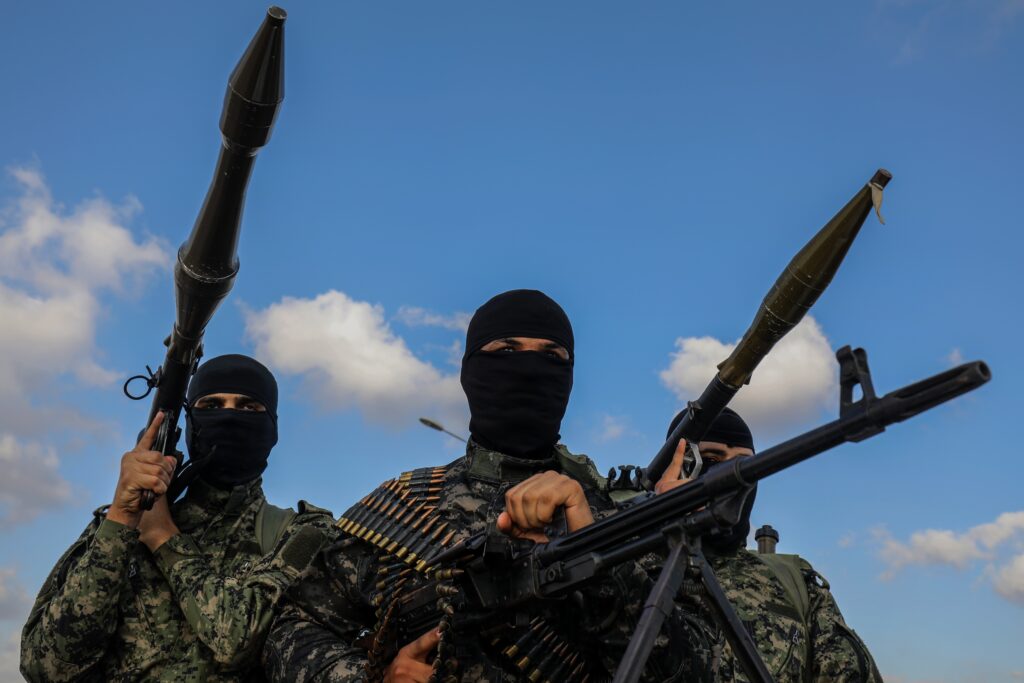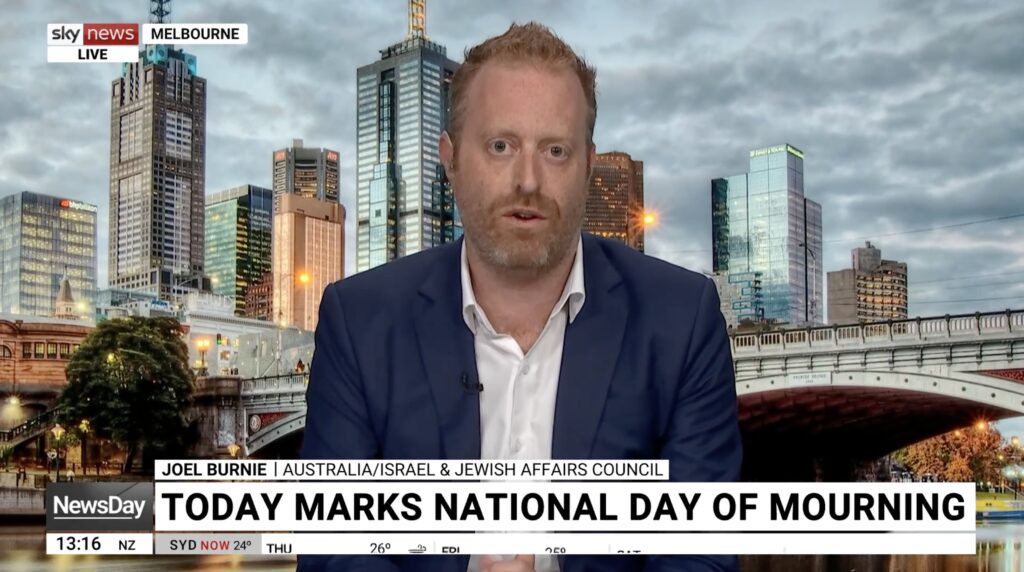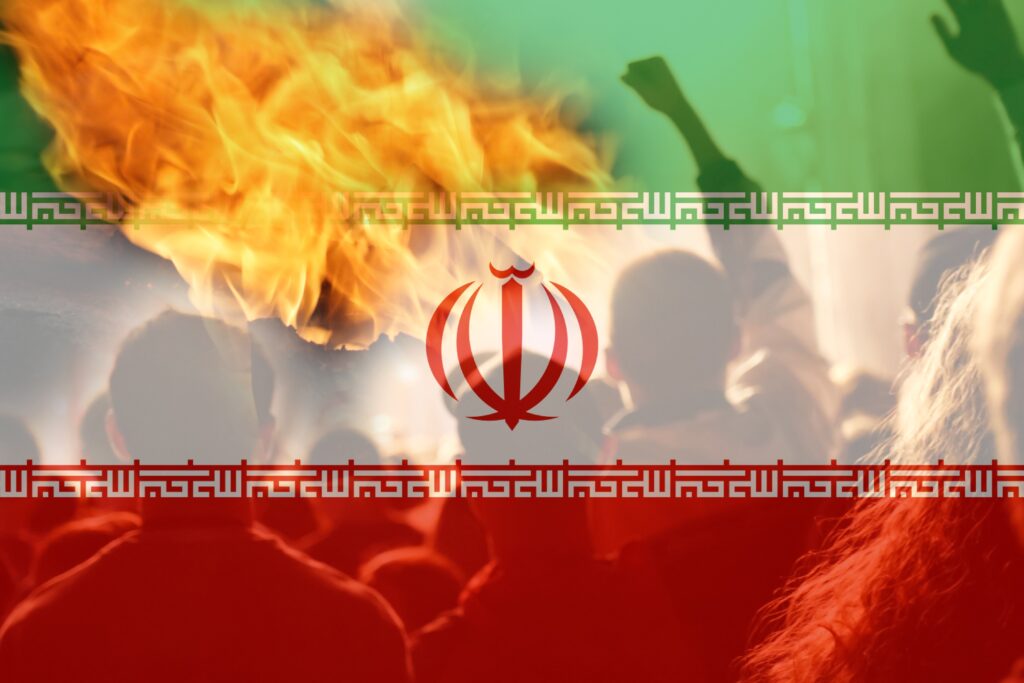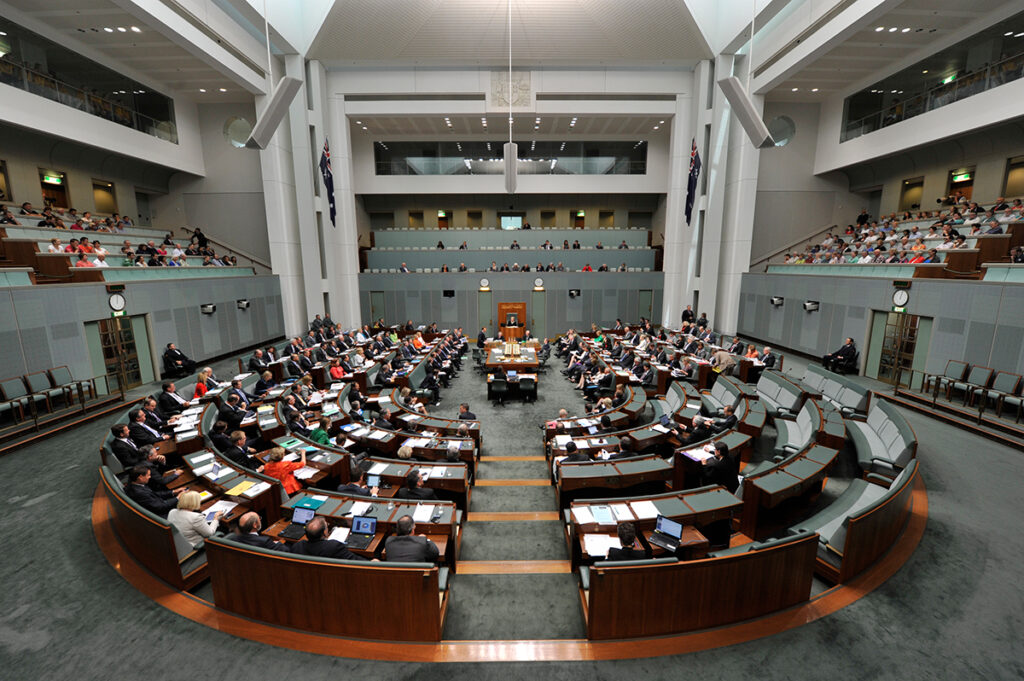IN THE MEDIA
Jihadists would celebrate closure of Guantanamo as a propaganda victory
March 7, 2006 | Ted Lapkin
Ted Lapkin
Canberra Times – 7 March 2006
IT IS A SIMPLE truth of human nature that those who reward anti-social behaviour will end up getting more of it. The feebler the penalty paid for past atrocities, the flimsier the deterrent against future acts of barbarity.
This principle must surely guide us in our dealings with jihadist Islam, where experience dictates that the stick is a far more appropriate tool than the carrot. Those who argue for a “softer and gentler” approach towards al-Qaeda terrorism are engaged in an enterprise of fools. To advocate the closure of Guantanamo Bay is to provide passive encouragement for those who plot the next suicide bombing.
The political lexicon of radical Islam does not recognise the concepts of compromise, comity or conciliation. The only language that is understood by Palestinian jihadists in Ramallah and their Iraqi counterparts in Fallujah is the violent dialect of total victory or total vanquishment.
But the self-righteous antics of the anti-war Left are providing sorely needed aid and comfort to the holy warriors of abu-Musab al-Zarqawi’s al-Qaeda network.
There are growing indications that a violent rift is emerging between Iraqi nationalist insurgents and Zarqawi’s legion of foreign jihadists in Baghdad, Ramadi and Mosul. Middle East expert Fawaz Gerges reports on increasingly frequent internecine fire-fights between local Baathist militias and international al-Qaeda elements.
While Saddam’s former henchmen might dislike America, they detest the dour Taliban-style vision that the jihadists seek to impose on the land of the Tigris and Euphrates. Yet at this critical moment, when Zarqawi’s holy warriors are caught between an American rock and an Iraqi hard place, along comes the UN to bestow hope upon a desperate enemy.
The United Nations Human Rights Commission recently released a report that demanded the closure of the American detention facility at Guantanamo. But the existence of debate over the fate of al-Qaeda prisoners will earn Western society no brownie points with bin Laden. Jihadist Islam simply views the voices of democratic dissent as evidence of an effete and decaying culture that has lost the will to defend itself.
In the zero-sum world according to Zarqawi, any evidence of Western irresolution only tends to buttress al-Qaeda ‘s resolve. In his most recent audiotaped message, bin Laden sang the praises of Rogue State, a harshly anti-American work by radical Leftist William Blum. And Blum himself was thrilled to join what the Washington Post described as a “terrorist’s book of the month club”, declaring, “this is almost as good as being an Oprah book”.
The hasty American withdrawals from Beirut after the 1983 Marine barracks bombing, and from Somalia 10 years later, only emboldened al-Qaeda to attack the US mainland. And the savage domestic criticism of Bush administration policies has convinced the jihadists that they must simply hang on a bit longer until the infidels’ morale finally cracks.
Such delusions of al-Qaeda grandeur are dangerous, not because radical Islam has any real chance to triumph over the democratic world. But these hallucinations serve to buttress enemy morale, thus prolonging the terrorist conflict that is being waged against us. And the anti-war ideologues who encourage the jihadists to place their trust in Western weakness bear substantial responsibility for the unnecessary perpetuation of this carnage.
The closure of Guantanamo’s Camp Delta would send precisely the wrong signal on both the macro and the micro levels. From the grand strategic perspective, such a move would signal that the US could be successfully pressured to surrender its national security interests. And the ululations of jihadist jubilation that would echo from rooftops throughout the Islamic world would attract legions of new followers to the radical cause.
On an individual level, each of those recruits would feel much more eager to volunteer in a world without Gitmo than in an environment where Camp Delta was still operational. The Geneva Conventions limited the scope of their protections solely to legal combatants for good reason: the drafters of those treaties wanted to encourage lawful warmaking and to discourage war crimes.
David Hicks and his fellow detainees were captured in an active combat theatre while fighting for a movement that violates every tenet of international law. No clause of the Geneva Conventions requires the application of that treaty’s terms to irregular jihadists who see the beheading of hostages as a legitimate battle tactic. We must be tough on the war criminals of today in order to dissuade the war criminals of tomorrow. Only thus do we stand any chance of deterring the next Beslan massacre, London train bombing or 9/11.
And to this end we must retain a powerful weapon in our deterrent arsenal: the promise that those who fight as illegal combatants will wind up in Guantanamo rather than enjoying prisoner of war commissary privileges.
If the prospect of being tried before a military commission disheartens even a single potential al-Qaeda recruit, then the Bush administration’s policy is well justified.
The Islamic fanaticism of Hamas and al-Qaeda provides us with only two possible alternatives: the jihadists will be either at our feet or at our throats. We would be well advised to ensure that the former option prevails rather than the latter.
Ted Lapkin is director of policy analysis at the Australia/Israel and Jewish Affairs Council.
Tags: International Security





